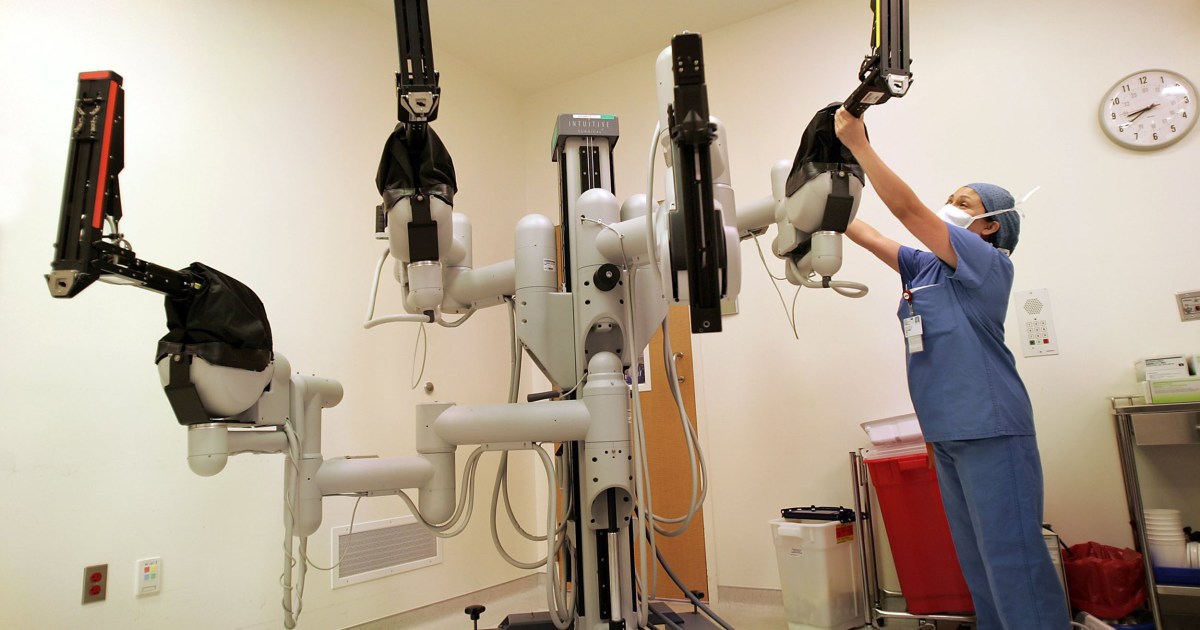Table of Contents
Introduction
Insurance has always been one of the most sought-after financial products for investment. Through insurance, people gain financial protection in case of unfortunate events. Insurance plans also help to build up a corpus fund for future needs and generate market-linked returns in the long run. Rise in medical costs 🏥 and people falling sick often due to unforeseen diseases caused by viruses have made the product more popular than ever.
It is also unlikely that these factors will disappear anytime soon. Even organisations have to mandatorily invest in employee health insurance soon. The insurance industry is likely to do well to keep up with the new developments.
A popular trend these days is the use of artificial intelligence in business. With more and more industries moving toward digitization and machine learning, the insurance industry should not lag behind. Many operations in the insurance industry can be automated with the help of artificial intelligence programs.
We shall now explore the presence of artificial intelligence in the insurance industry and how it is helping to transform it.
Artificial Intelligence (AI): What is it?
The human race is considered to be intelligent🤓. Artificial intelligence, or AI, is the use of computers 🖥️, or robots to replicate human intelligence and perform similar tasks. They are generally designed to simulate human problem-solving and decision-making abilities. The use of artificial intelligence can be seen in a wide range of applications like virtual travel agents, self-driving cars, smart virtual assistants, healthcare management, and more.
How Is Artificial Intelligence Transforming The Insurance Sector?
Insurance companies or health care providers are supposed to offer their clients an efficient, error-free experience. Artificial intelligence has the potential to provide these benefits and more. 💡AI is benefitting the insurance industry through:
- Detection And Reduction In Fraud
- Insurance fraud is deception or illegal act committed by the insurance company, insurer, or agent for financial gains 🤑. It may occur during the claims or application process. AI can verify the authenticity of applications. Any unusual claims can be flagged immediately based on historical data of common claims and can be investigated on time. This reduces the likelihood of fraud occurring in the future.
- Improved Customer Satisfaction
- The success of an insurance company depends on building trust and providing excellent customer service. This includes answering any questions or concerns the clients may have. Interactive chatbots are one way to achieve this. Their greatest strength is that they can learn on their own by collecting data and designing responses with more accuracy and speed than humans.

- Better Claims Settlement
- The efficient, accurate, and swift settlement of claims demonstrates how popular the insurance company is. Human errors and fraudulent claims are more prevalent with manual processes. By scanning, verifying, and identifying any errors, the AI system can speed up the claim payments and reduce errors by 80%.
- Regulatory Compliance
- The insurance industry must comply with government rules and regulations. They must stay updated with the same, failing which they will face fines and penalties. A log of all transactions is kept by the AI systems to update the process to comply with new rules and regulations.
- Smooth Underwriting
- Companies in the insurance industry deal with a lot of data, both structured and unstructured. Sorting through these manually can take a lot of time⌛ and resources. Even then, there will be mistakes. By using intelligent underwriting AI programs, you can accurately analyse customer profiles and investigate the risks involved and customise the policy accordingly for each applicant.
- Better Employee Productivity
- Artificial intelligence reduces guesswork🤔 and facilitates more accurate decision-making. By logging all data, the error rate associated with new employees gets reduced. AI guides the employees on the next steps based on past recommendations. With few processes automated, employees can be redirected to value-added activities.
- Reduced Costs
- Artificial intelligence can help insurance companies become more popular by making their pricing more competitive and economical. As robots are vigilant 24/7, the documents are processed much faster and correspondingly involve a lower processing cost. With faster processes, the claim process can be completed with half of the people required before. Moreover, automation reduces the costs associated with storing the manual records.
Applications Of Robots In The Insurance Process
Insurance activities involve a lot of repetitive tasks. The Robotic Process Automation (RPA) simulates the repetitive transactions and administrative tasks performed by humans.
This is how robots help in fast-tracking procedures in the insurance sector with precision:
- In Registration
- The RPA implementation will reduce the time and effort spent on filling out 📝 a registration or application form by half. The companies can install optical character recognition software, which will automatically integrate information of the customer accurately.
- Policy Cancellation
- To cancel a policy, several steps are involved:
- assessing its start data
- Evaluating terms and conditions, etc.
Interacting with all these data is time-consuming⏱. These activities can be completed in half the time by using Robotic Process Automation (RPA).
- Driving Sales
- RPAs allow insurance companies to provide personalized and customized insurance recommendations. This is done by analyzing customer data, needs, and preferences. It is also possible to automate and streamline the legal and credit check processes. All this improves the new customer onboarding process. ✔️
In A Nutshell
Artificial intelligence has many pros. However, it is still a changing technology and faces certain issues like privacy, a preference for live agents, etc. The overall AI experience, however, will be beneficial both for users and insurance companies.
An employee health insurance offered by Plum Insurance is an example of AI in action. They offer 24/7 live chat, digital health ID cards, digital reimbursements, and seamless claims experience.

